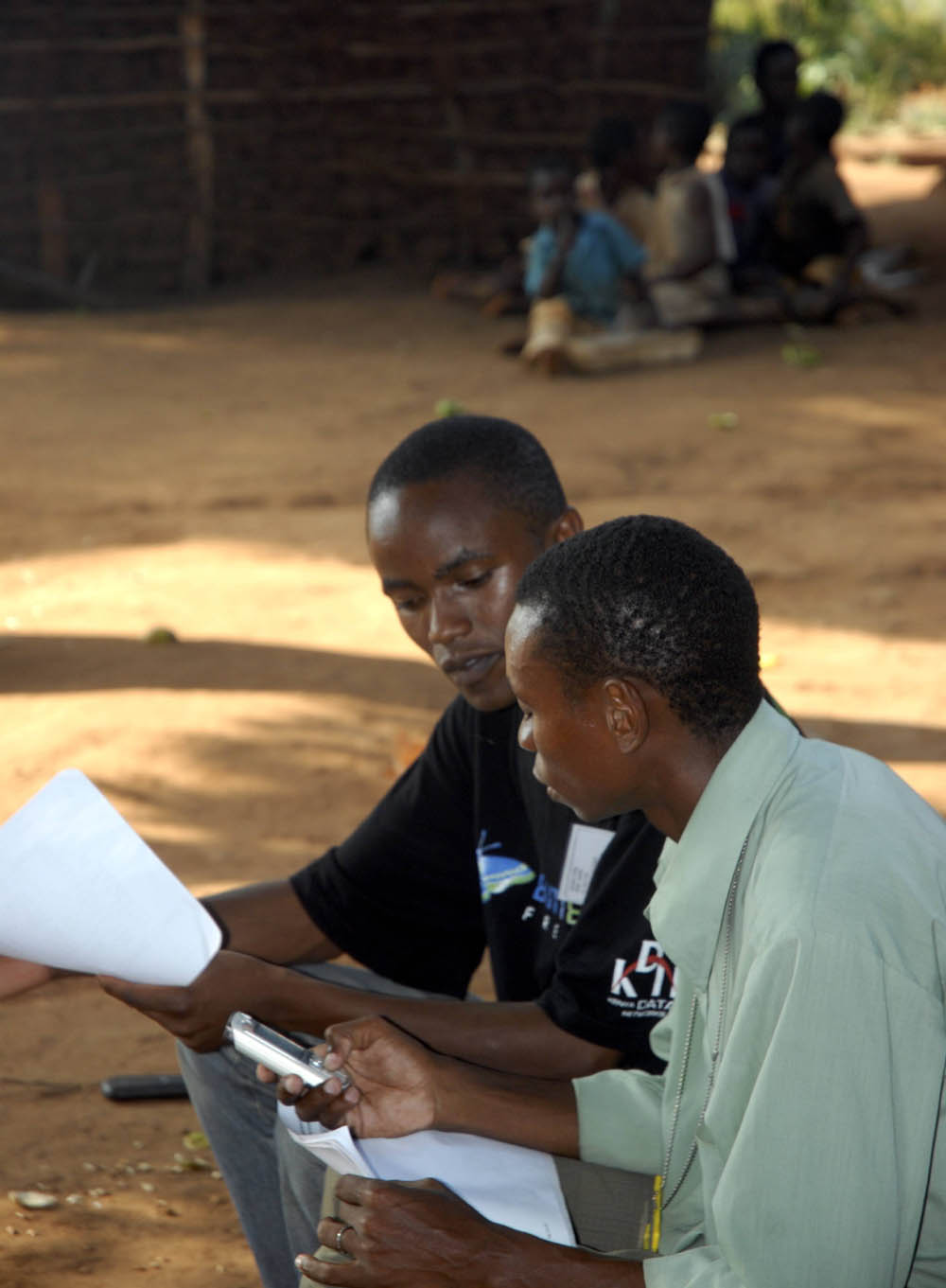Kenya’s upcoming elections will mark a pivotal moment in the country’s history. As in many countries, elections in Kenya become boiling points for interethnic conflict. The last presidential election, in December 2007, led to the worst violence the country has seen in recent history: over 1,300 Kenyans died and hundreds of thousands were displaced.
Although calm was restored within a few months, the country still faces several obstacles on its road to peace. The International Criminal Court will soon move to trials for four political elites accused of instigating the post-election violence. This increase in accountability may dampen future violence, but it also stokes tensions: two of the four intend to run for president, and their supporters smell politics behind the court’s process.
Another complicating factor is Kenya's new constitution, approved in a contentious but peaceful vote in August 2010. The new constitution decentralizes the government and puts more constraints on executive power. This lowers the stakes of winning the presidency, which should reduce the incentive for violence. However, decentralization also brings a potentially bewildering array of new offices to vote for, throwing a monkey wrench into political allegiances as well as election administration.
With the next general election now set to occur in March 2013, peacebuilders and democracy advocates in Kenya are looking for innovative ways to monitor election results and violence. Kenya’s high levels of mobile penetration and literacy create ideal conditions for a platform like FrontlineSMS.
One peacebuilding group, the African Great Lakes Initiative (AGLI), is building on its experience using FrontlineSMS to monitor Burundi’s 2010 elections. Working with its Democracy and Peace Groups in Burundi, AGLI provided cell phones and training to 160 citizen reporters in 9 communities. The citizen groups used the phones to report on election irregularities and violence, and used FrontlineSMS software to redistribute their reports to a larger group of community members.
AGLI plans to replicate and expand on this model in Kenya. The organization plans on recruiting and training one thousand citizen reporters in western Kenya. AGLI is also partnering with local government officials and other organizations to ensure effective responses to the information gathered. These types of relationships were critical to the system’s success in Burundi, as described by AGLI’s David Zarembka.
FrontlineSMS has been working to promote partnerships that make good use of the platform in Kenya’s elections. This has included hosting an online discussion where AGLI was joined in discussion by Konrad-Adenauer Foundation (KAS) and KAS’s partner Nyanza Partners for Peace Alliance, who are both part of the Partnerships for Peace project. The groups discussed effective ways to engage citizen reporters, as well as the benefits of open versus closed networks of reporters. Dave (AGLI) made the point that even a small-scale system can have a large impact. Hanna Carlsson of KAS and Joseph Owuondo of Nyanza Partners for Peace Alliance discussed the potential of pairing Crowdmap and FrontlineSMS together, and how this can create a powerful tool for advocacy, particularly at the international level.
To promote more collaboration, FrontlineSMS will host a meet-up in its Nairobi office (FF16 Bishop Magua Centre, Ngong Road, Kilimani) on 4 April, 1-2pm EAT. Representatives from various groups will be able to share ideas and coordinate action in the lead up to the elections. The ultimate aim of these efforts is to provide Kenyan and international actors with the information they need to ensure honest elections, combat political manipulation, and resolve conflicts before they turn violent. Given the negative impacts that further violence would have on Kenya and the region, this moment calls for creative ideas and dedicated implementation.
If you’re interested in this topic and/ or in attending the upcoming meet-up in Kenya please email info@frontlinesms.com to let us know. You can also join this forum discussion about the meet-up and the use of FrontlineSMS in the Kenyan elections.
This post was written by Dave Algoso, who is a development professional and writer based in Nairobi, Kenya. Dave normally blogs at Find What Works.

